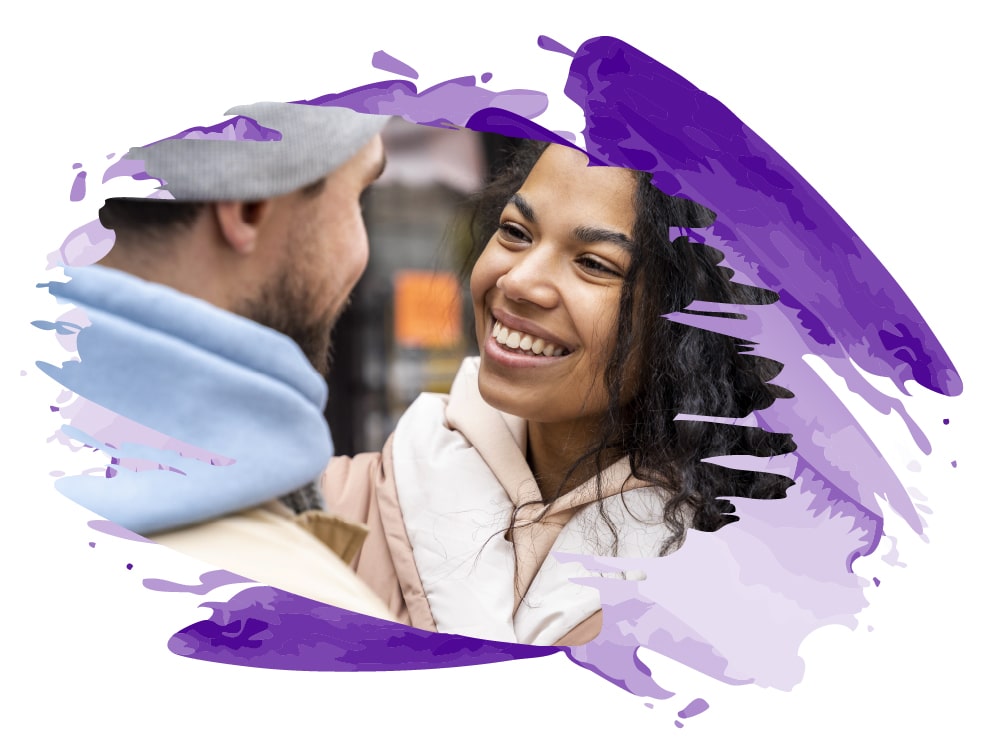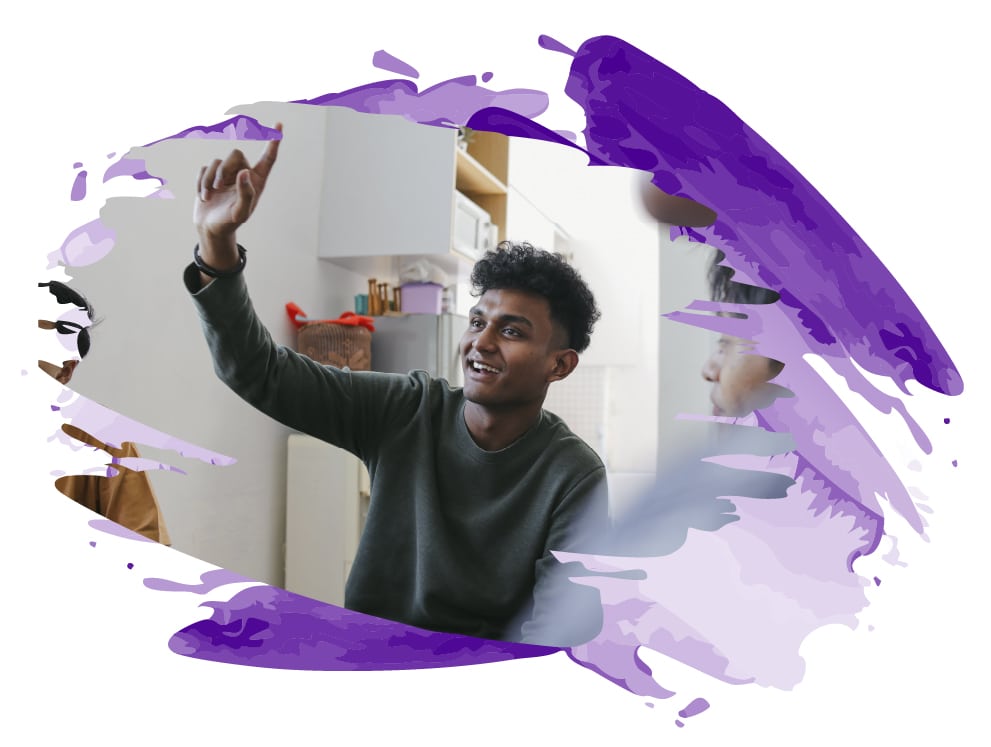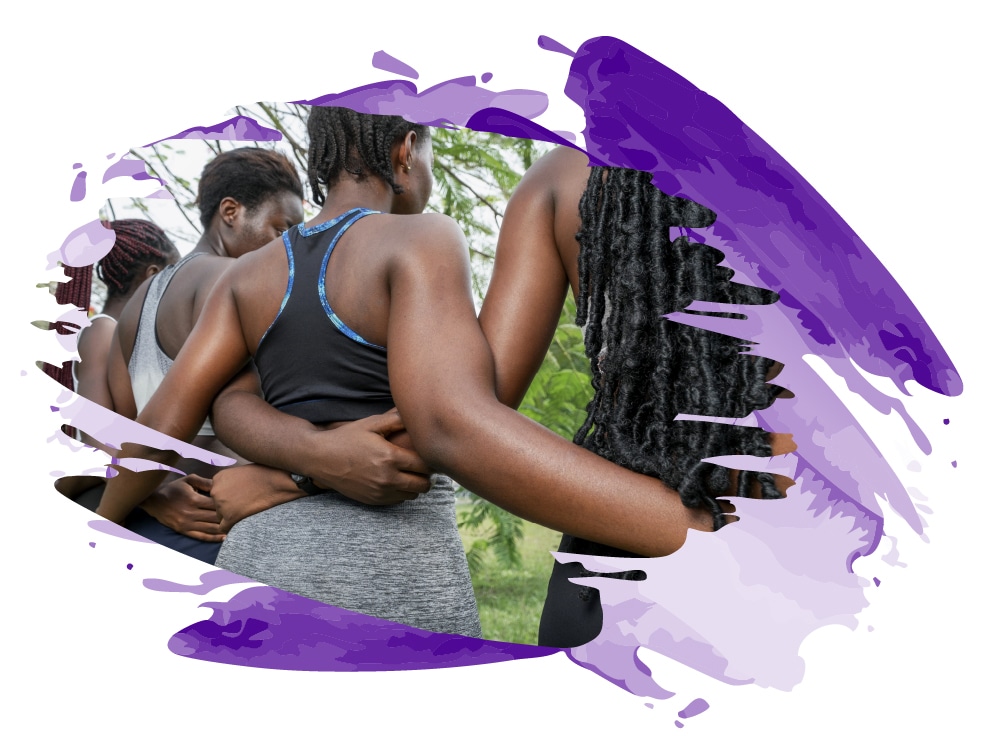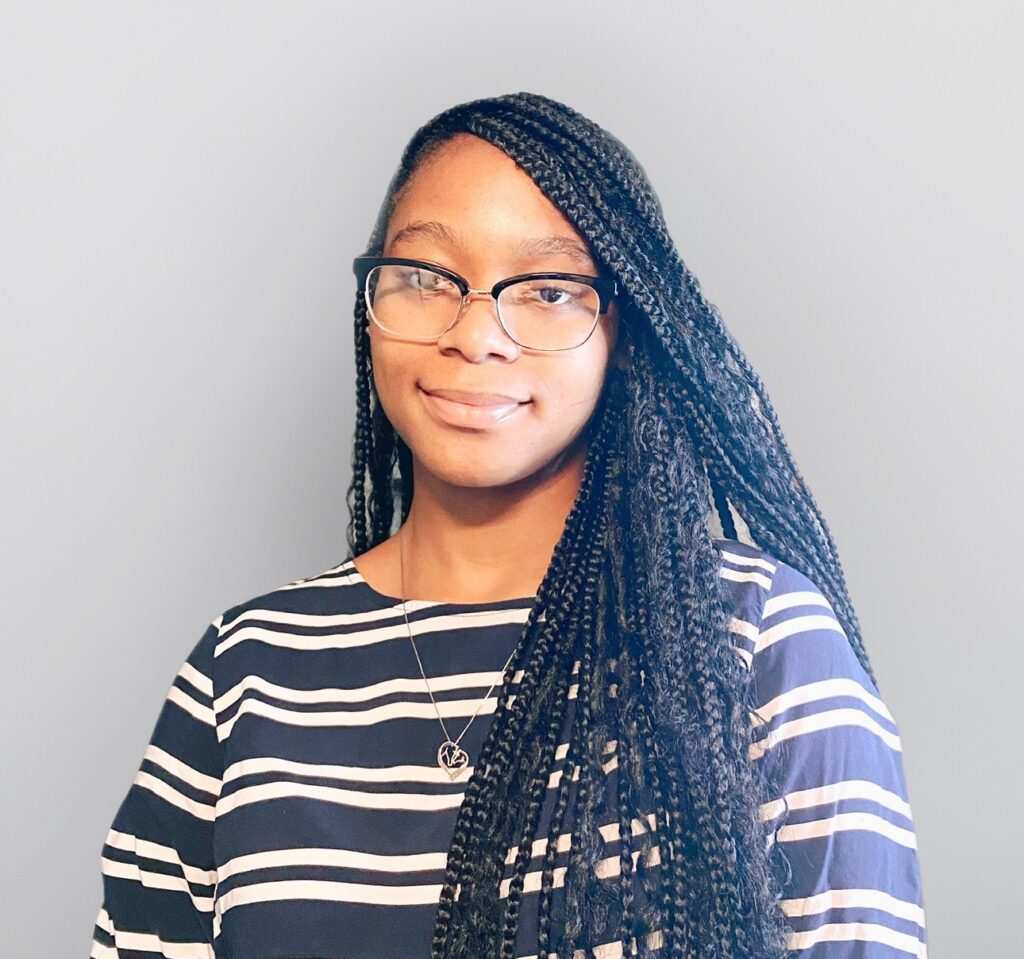In a time when social, cultural, and political challenges can feel constant and overwhelming, especially for young people in our community, taking care of mental and emotional well-being is more important than ever. Yet, despite growing awareness of mental health, many of us still face stigma, misunderstanding, and a lack of support when we need help the most.
I believe that understanding yourself and your relationships with others can act as a shield against the emotional toll of the world around you. It’s about building your self-worth, nurturing connections, and creating space for empathy.
Why knowing yourself matters
Your identity, which is made up of your culture, background, personality, values, and dreams, is a source of power. When society sends messages suggesting that you aren’t enough or that you need to change who you are to be accepted, it can shake your confidence and distort your self-image.
That’s why developing a strong sense of self is essential. When you know who you are and what matters to you, it’s easier to navigate difficult moments, set boundaries, and remain resilient in the face of external pressures.
Supporting young people in discovering and celebrating our true selves, especially when our experiences are impacted by racism, cultural bias, or other forms of marginalization, is a crucial part of mental health. And it builds the foundation for long-term emotional strength.
Lifing self-esteem and self-worth
Mental health struggles are real, and no one should feel ashamed of needing support. Unfortunately, stigma surrounding mental health can lead young people to hide our pain or pretend that everything is fine, even when it’s not.
For members of our community, these challenges can be even more intense due to cultural expectations, generational misunderstandings, or the fear of being thought of as “weak.” Affirming who you are matters. You deserve to take up space, express your emotions, and seek help when you need it. When we feel seen, valued, and respected for who we are, not just for our achievements, we can each begin to believe a powerful truth: “I am enough.”
Strengthening relationships, healing together
Mental wellness doesn’t exist in isolation. Our relationships, whether with family, friends, mentors, or classmates, can play a significant role in how we feel and how we heal.
Strong, healthy connections can protect us from feeling isolated or hopeless. Even when a shared identity fosters solidarity, it’s important to continue to work on having empathy. Differences in culture, language, immigration status, gender, religion, and generational experiences can create gaps in understanding. Empathy serves as a bridge.
Learning to listen to each other with compassion, asking questions instead of making assumptions, and honoring each other’s experiences can create stronger, more united communities. These connections can be powerful sources of healing and protection for everyone.
Creating spaces where we can all belong
Supporting mental health for young people in our community means creating spaces where we feel safe to be fully ourselves and where we can grow, find help, and build relationships.
Through storytelling, mentorship, mental health education, or simply creating space for genuine conversations, we can all play a role in fostering that kind of environment. When we know who we are and feel supported by our community, we don’t just survive, we thrive.



